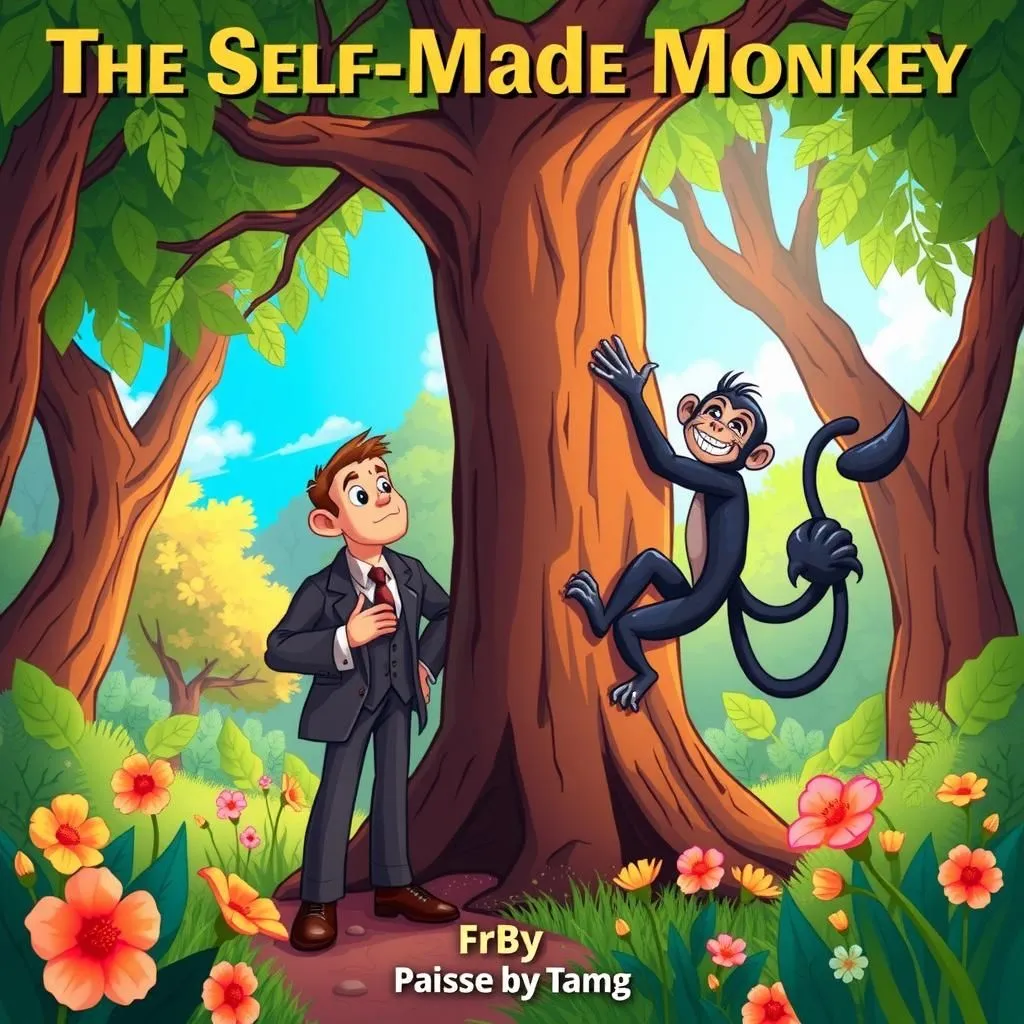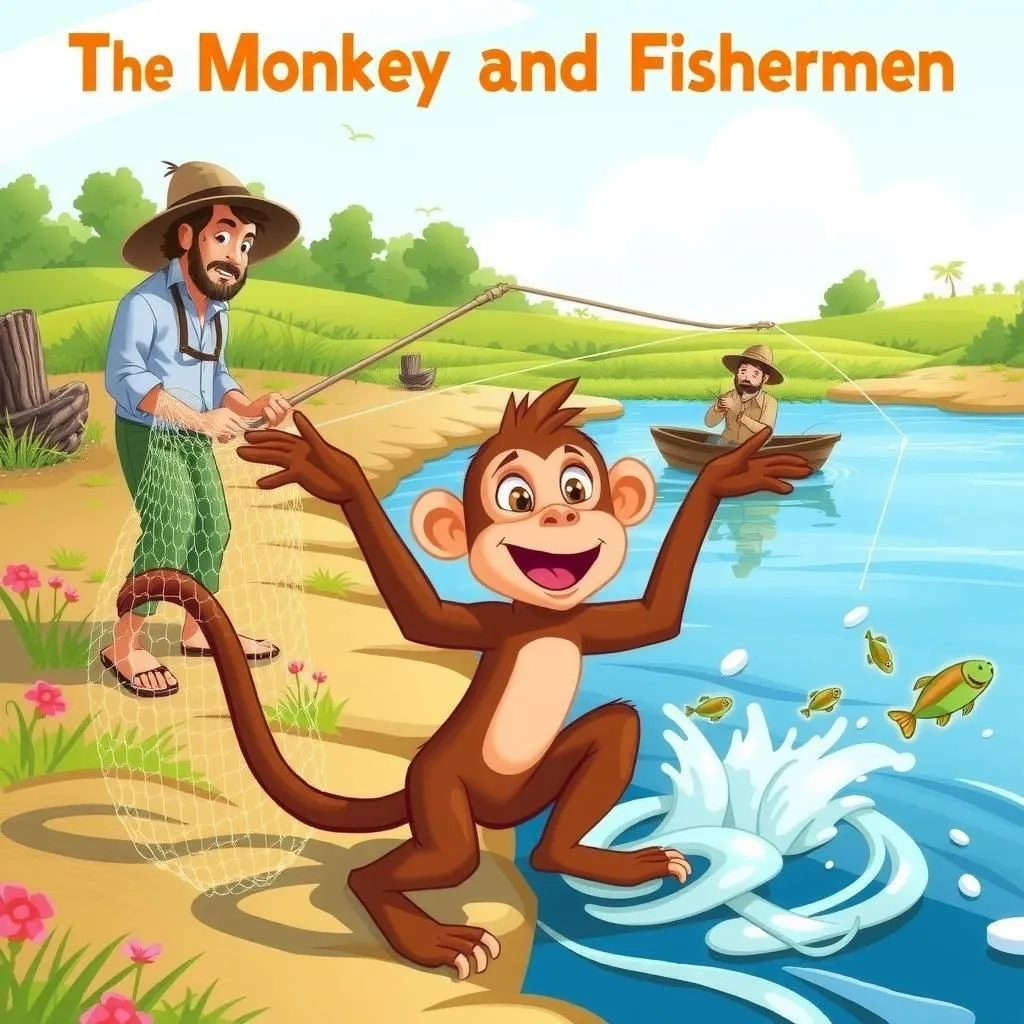
The Man and the Dog
In this simple short story with moral undertones, a man learns that feeding the dog that bit him a piece of bread dipped in his blood could heal his wound. However, the dog refuses, insisting that accepting the gesture would suggest improper motives for his actions, as he claims to act in harmony with the Divine Scheme of Things. This fable highlights the lessons from moral stories about the nature of intentions and the complexities of relationships in the circle of life.


